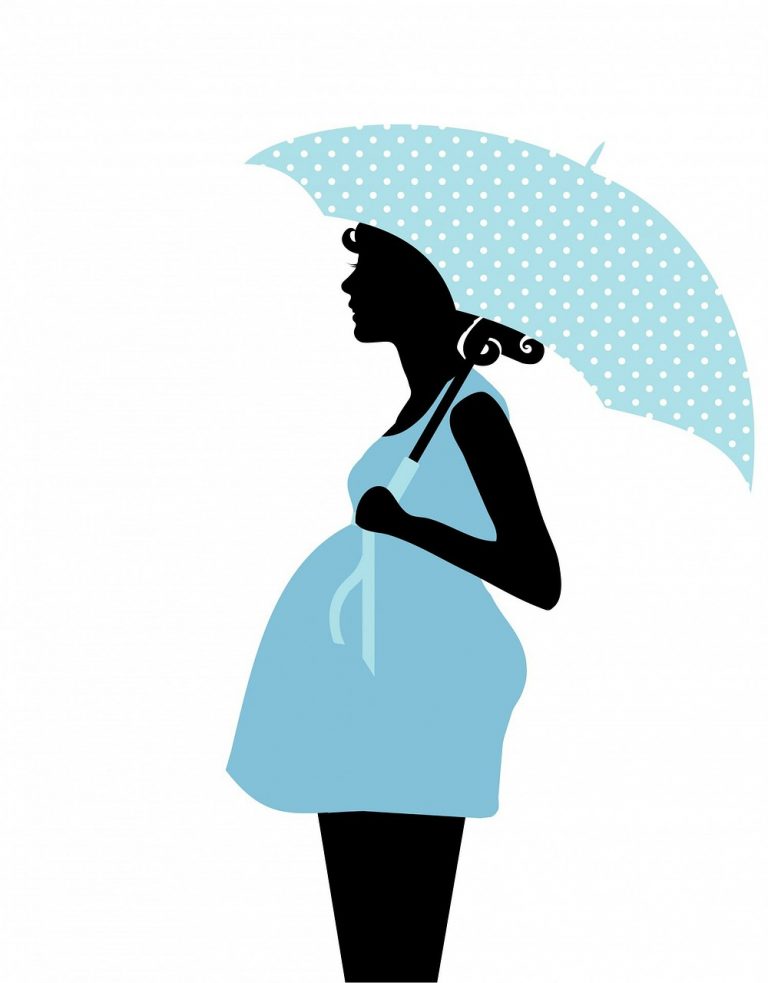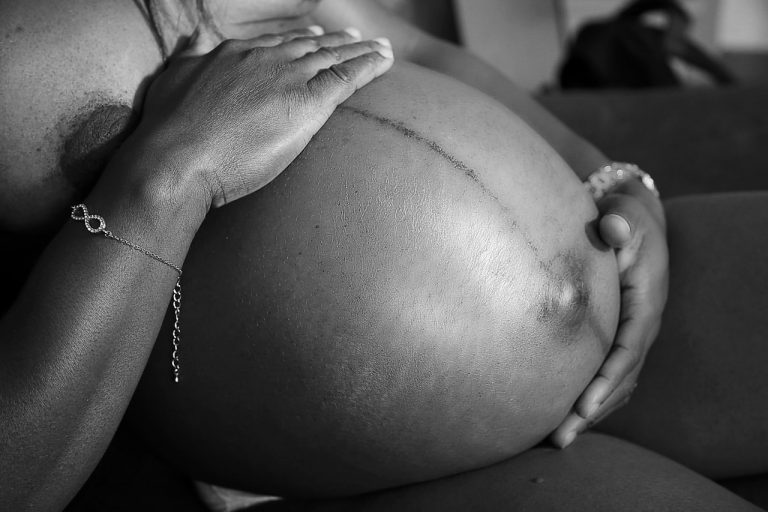Black’s law dictionary defines sexual assault are the advances physically of one person from another in a sexual way that can lead to a sexual assault. The dictionary further defines rape as the unlawful carnal knowledge of a woman by a man forcibly and against her will. Sexual assault is an act in which a person intentionally sexually touches another person without that person’s consent, or coerces or physically forces a person to engage in a sexual act against their will.
In 2017, Kenya recorded 13,609 cases of assault as compared to 14,558 of 2016 and 14,529 of 2015. The global database on violence against women by UN Women provides that 39% of women in Kenya who are in lifetime physical and or sexual intimate relationships have partner violence. Those who have physical and or sexual intimate partners and have experienced violence in the last 12 months are 26% of women. 23% of women are in child marriages and 2% of them experience Female Genital Mutilation/Cutting.
Approximately 15 to 25 percent of women were sexually abused when they were children. The effects of child sexual abuse include depression, post-traumatic stress disorder, anxiety, propensity to re-victimization in adulthood, physical injury to the child, and increased risk for future interpersonal violence perpetration among males, among other problems. Sexual abuse by a family member is a form of incest. It is more common than other forms of sexual assault on a child and can result in more serious and long-term psychological trauma, especially in the case of parental incest.
Section 3 of the Sexual offences act provides that a person guilty of an offence of rape is liable upon conviction to imprisonment for a term which shall not be less than ten years but which may be enhanced to imprisonment for life. Section 5 of the act provides for the same penalty for an offence of sexual assault. The reason for the severity of the punishment is because it is a form of sexual violence which includes rape (forced vaginal, anal or oral penetration or drug-facilitated sexual assault), groping, child sexual abuse or the torture of the person in a sexual manner.
Teenage Pregnancy in Kenya amongst school going girls has become a worrying trend. Young girls drop out of school due to pregnancy and may not continue with their education. Teenage girls are the most abused age group of women. Rape at this age is in most cases by a person who the girl trusts. This can be a male relative, including biological fathers and stepfathers, teachers and domestic workers. The most disturbing aspect of sexual assault and abuse is that a parent cannot prevent these things while still allowing their child the freedom necessary for their personal development.
Apart from rape and sexual assault, there are other causes of teenage pregnancies. They include; peer pressure, cultural practices, poverty, broken families and abuse of alcohol and drugs etc. Most young people trust their peers and are easily influenced to engage in sexual encounters as a way of belong to a group. For cultural Practices, some communities in Kenya marry off young girls from age 10 to men old enough to be their parents. At this tender age, these girls have not being exposure to any form of sexually education and have no clue of what their husbands expect from them.
Lack of a stable family structure push the girls to look for security elsewhere and this is when they get lured in relationships which have devastating effects on their lives. In addition due to poverty, girls are forced by their parents to sell their bodies as a source of revenue for the family, just to cater for their basic needs. Lack of sexual awareness is a serious factor. Sex education is generally a taboo. We do not talk about it in public not even in schools and neither at home. So most girls are not taught about the changes our bodies were going through not until we joined high school and during biology class that we understood our bodies. Finally, young people abusing drugs rampantly increases sexual activities. This is a major contributor to increased cases of under age and unwanted pregnancies.
In conclusion, sexual harassment and assault may be prevented by secondary school, college, workplace and public education programs. A program for men in secondary school and colleges that will help produce a sustained behavioural change could be introduced to change the horrible trend. A study showed that creative campaigns with attention grabbing slogans and images that market consent are effective tools to raise awareness of campus sexual assault and related issues. Teenagers who are pregnant face many difficult issues, and counselling by physicians can be an important source of help. Communication strategies should be aimed at building rapport with techniques such as maintaining confidentiality, avoiding judgmental stances, and gearing communication to cognitive maturity. In the end it’s all about the support to the young mothers.
By Nelly Jerobon.


